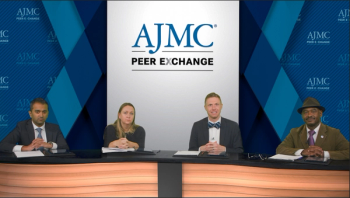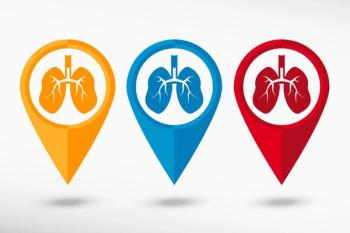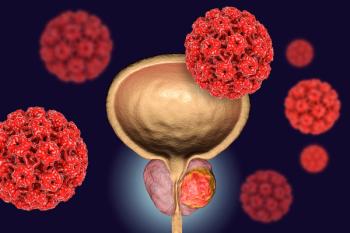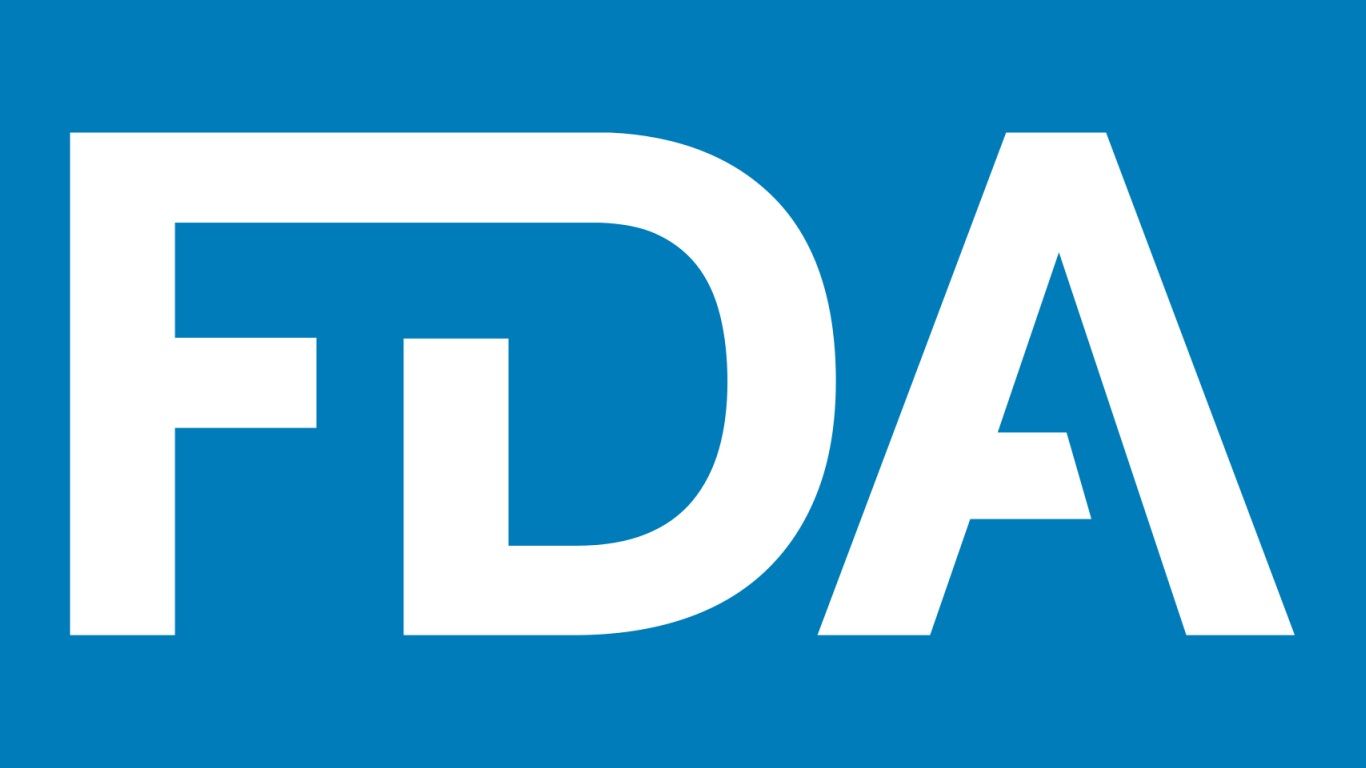
Clinical
Latest News
Latest Videos

More News

The combination of tucatinib and trastuzumab received accelerated approval from the FDA to treat adults with RAS wild-type, HER2-positive unresectable or metastatic colorectal cancer (mCRC) that advances after treatment with specific types of chemotherapy.

A Q-TWiST analysis of ZUMA-7 trial data suggests that axicabtagene ciloleucel (axi-cel) in the second line is beneficial to quality-adjusted survival and is a viable option for patients with relapsed or refractory large B-cell lymphoma after first-line chemoimmunotherapy.

Pretreatment interstitial lung abnormalities were associated with worse overall and cause-specific survival in Japanese patients receiving chemoradiotherapy followed by adjuvant durvalumab for locally advanced non–small-cell lung cancer.

Omar Nadeem, MD, shares perspective on the significance of collaborative care in the MM treatment landscape.

A panel of experts discuss the value of clinical pathways in MM disease management.

Adequately treating diabetes demands an array of considerations and therapy strategies.

Dr Handelsman drives a conversation surrounding the management of A1C levels.

A preplanned analysis of the PACIFIC-R confirms findings from the pivotal PACIFIC trial of durvalumab as consolidation therapy in unresectable NSCLC after chemoradiotherapy.

Medical experts provide their closing thoughts on the chronic obstructive pulmonary disease treatment landscape.

Cost drivers and payer considerations are emphasized for treatment of patients with chronic obstructive pulmonary disease.

This experimental research suggests the expression levels of certain genes might help explain why people with lung cancer often have more severe cases of COVID-19.

A key opinion leader shares considerations for seeking eligibility and enrollment in clinical trials for patients with Rett syndrome.

An expert highlights unmet needs in the treatment of Rett syndrome.

The findings on tumor mutational burden (TMB) may fill a gap in biomarkers for patients who have non–small cell lung cancer (NSCLC).

At the 2022 annual meeting of the American Society of Hematology (ASH), customized cancer immunotherapy treatments now share the limelight with bispecific antibodies, which made news across disease states from large B-cell lymphoma to follicular lymphoma to multiple myeloma; as their name suggests, these treatments aim at 2 targets, increasing their potency against cancer.

The importance of identifying rare pathogenic mutations and genetic risk score among patients was explored in this new analysis, with goals that included reducing mortality and early disease detection.

A recent study found potential significance in PD-L1 analysis results for predicting immune treatment response in patients with advanced endometrial carcinoma.

Nonmedication COPD strategies, such as pulmonary rehabilitation, are highlighted.

Selecting appropriate inhalers based on individual characteristics and shared decision-making is crucial for optimizing care for patients with COPD.

Disease outcomes in chronic rhinosinusitis with nasal polyps (CRSwNP) that related to inflammation and endotype specification were goals in this new study that evaluated the biomarker potential of S100A4.

Daratumumab can be an effective frontline MM treatment option.

Raymond Thertulien, MD, PhD, discusses high-risk factors for patients with MM.

Key opinion leaders discuss the role of combination therapies in the management of diabetes.

Managing hypertension is a critical aspect of diabetes disease management.

Data from the secondary analysis show that the improvements seen in health-related quality of life (HRQOL) translated into clinical improvements.












